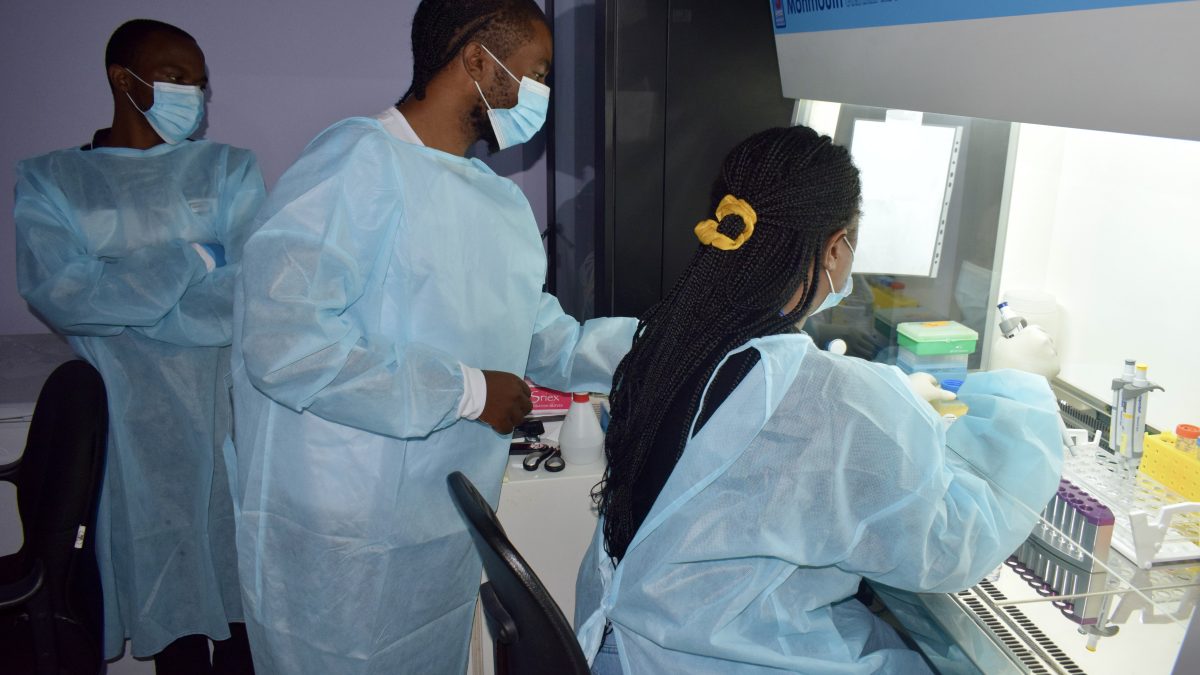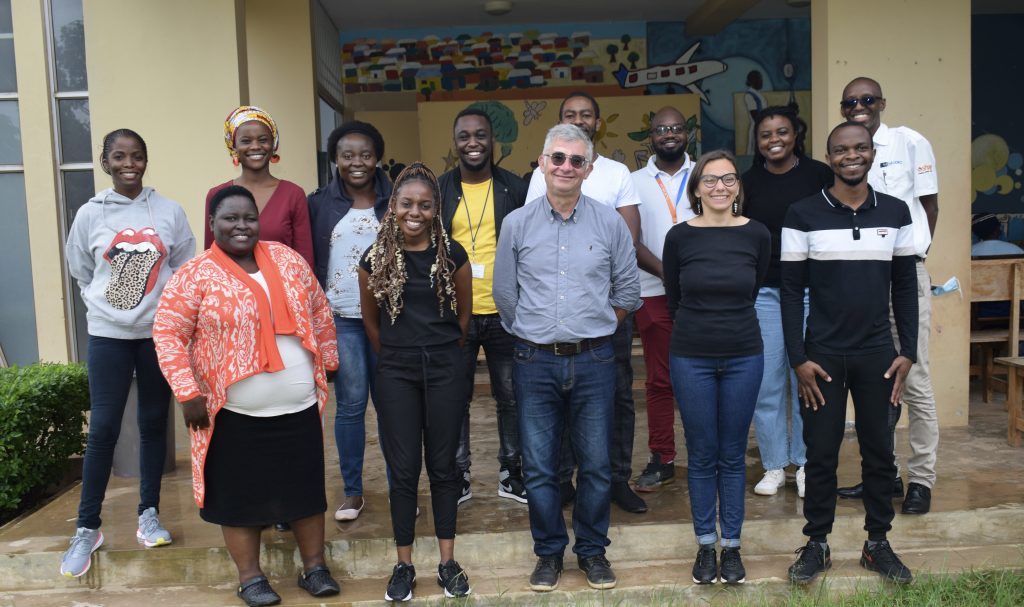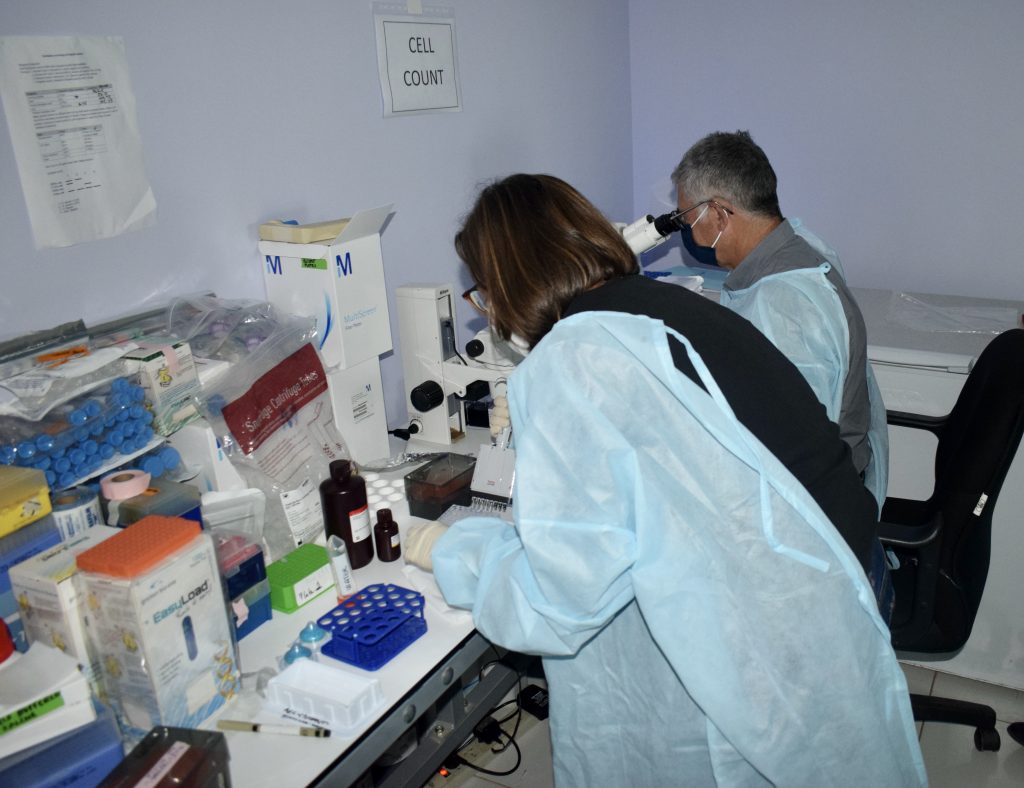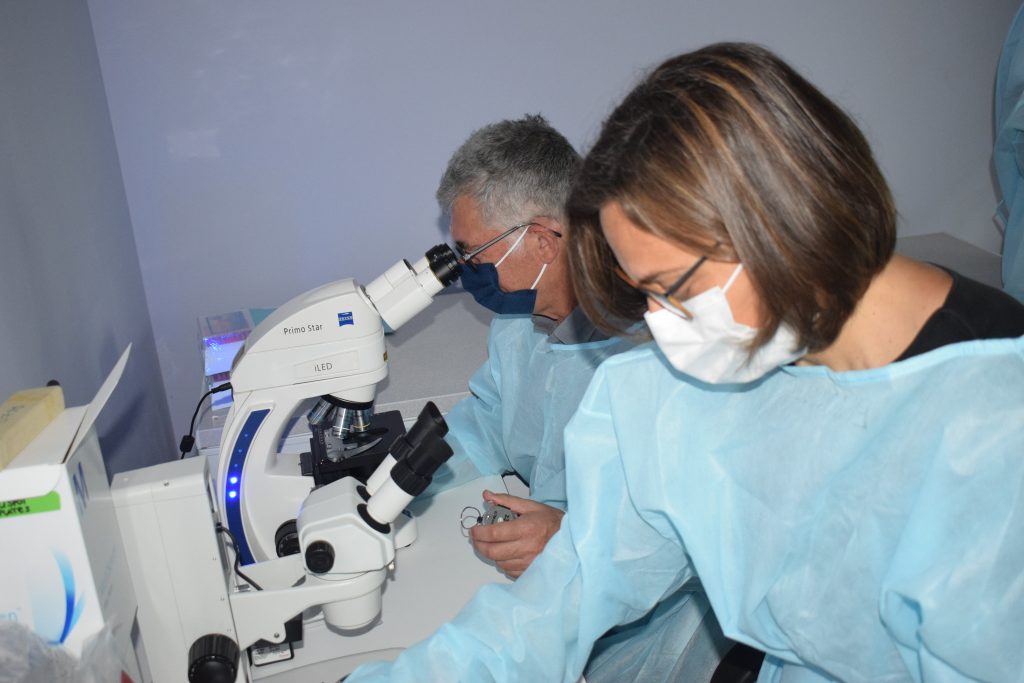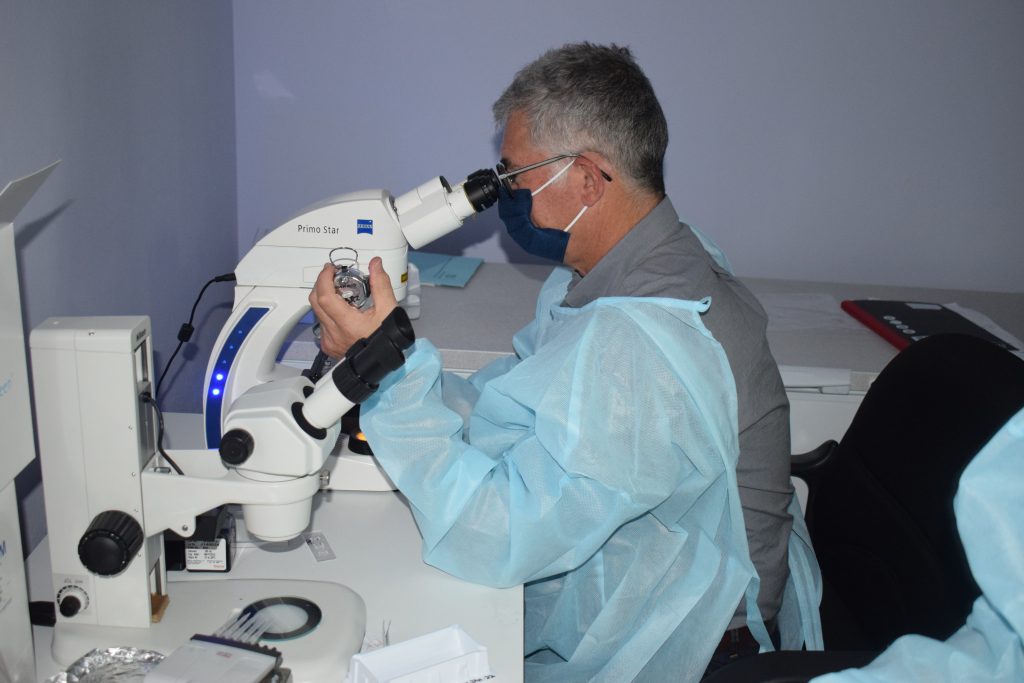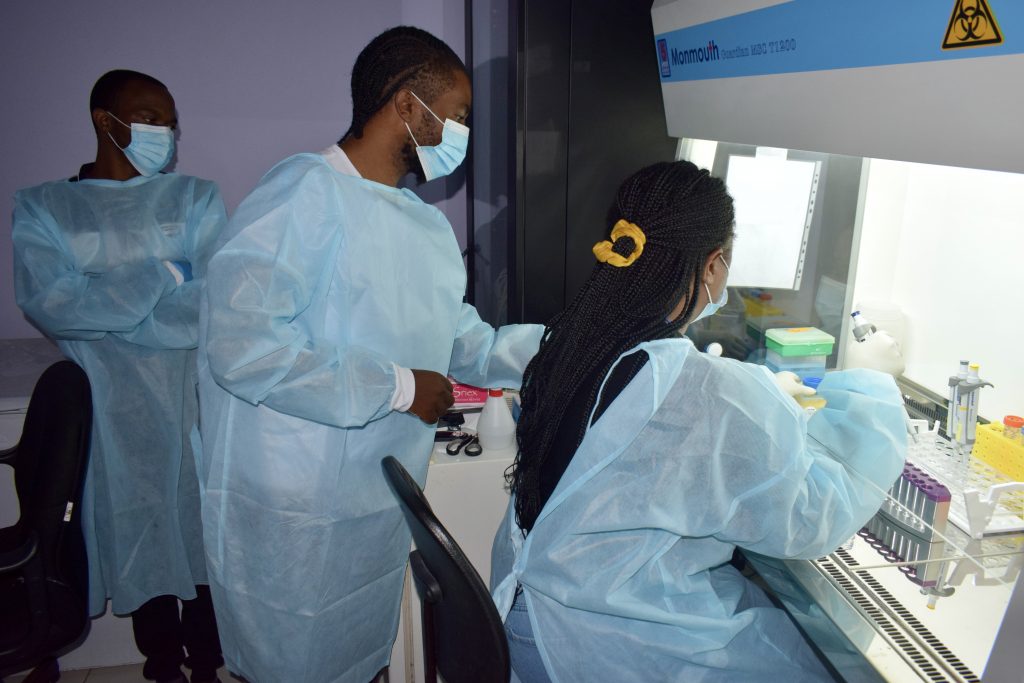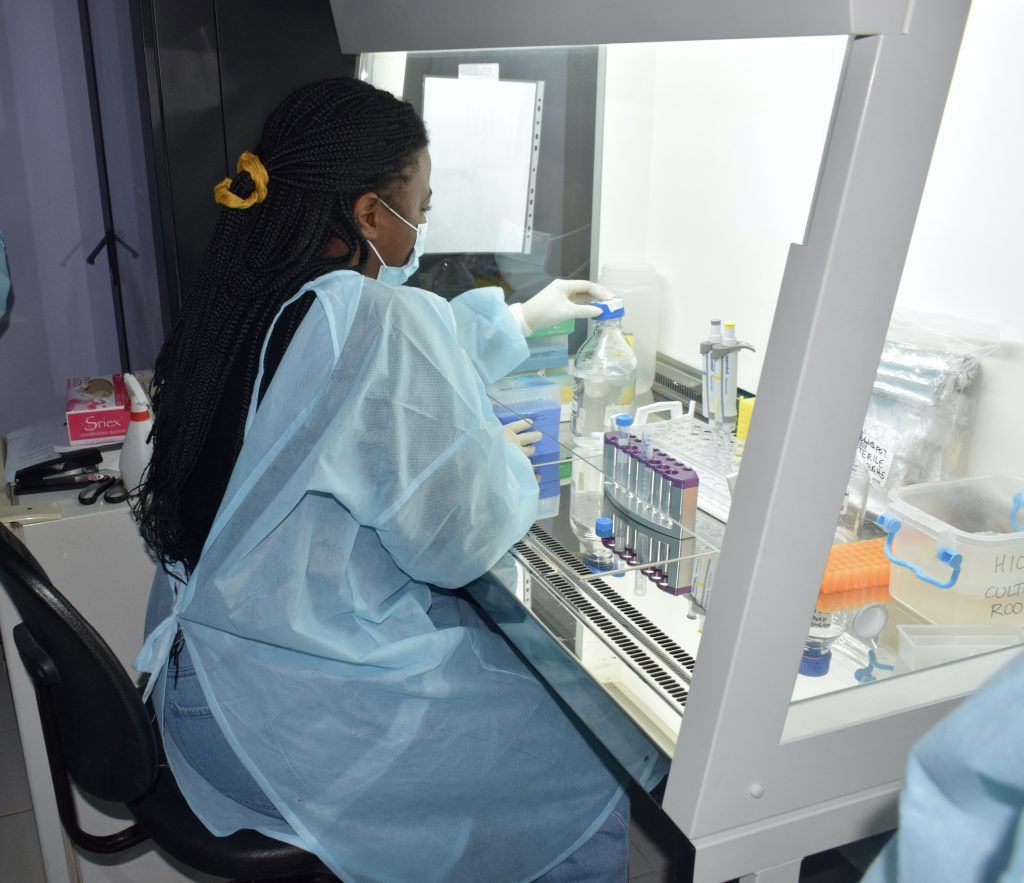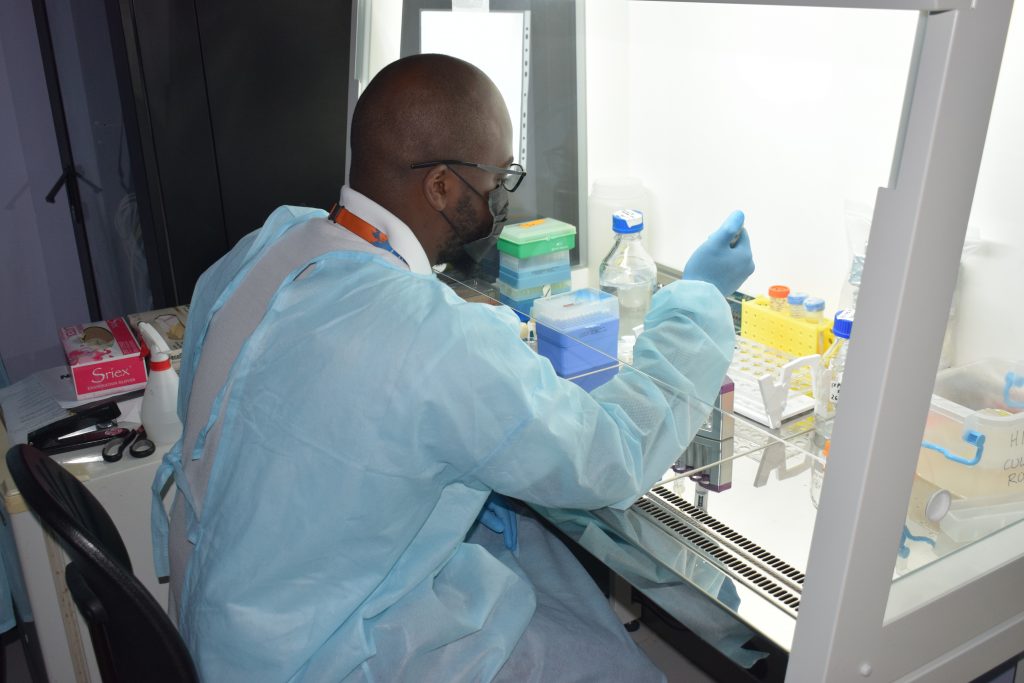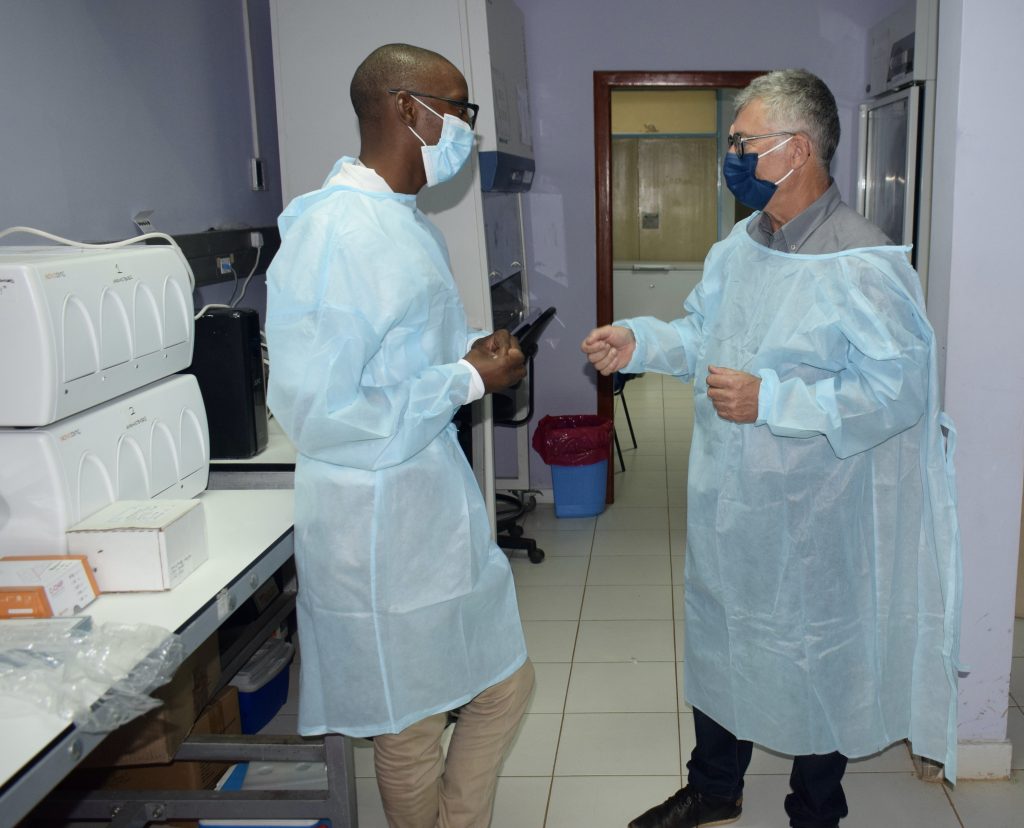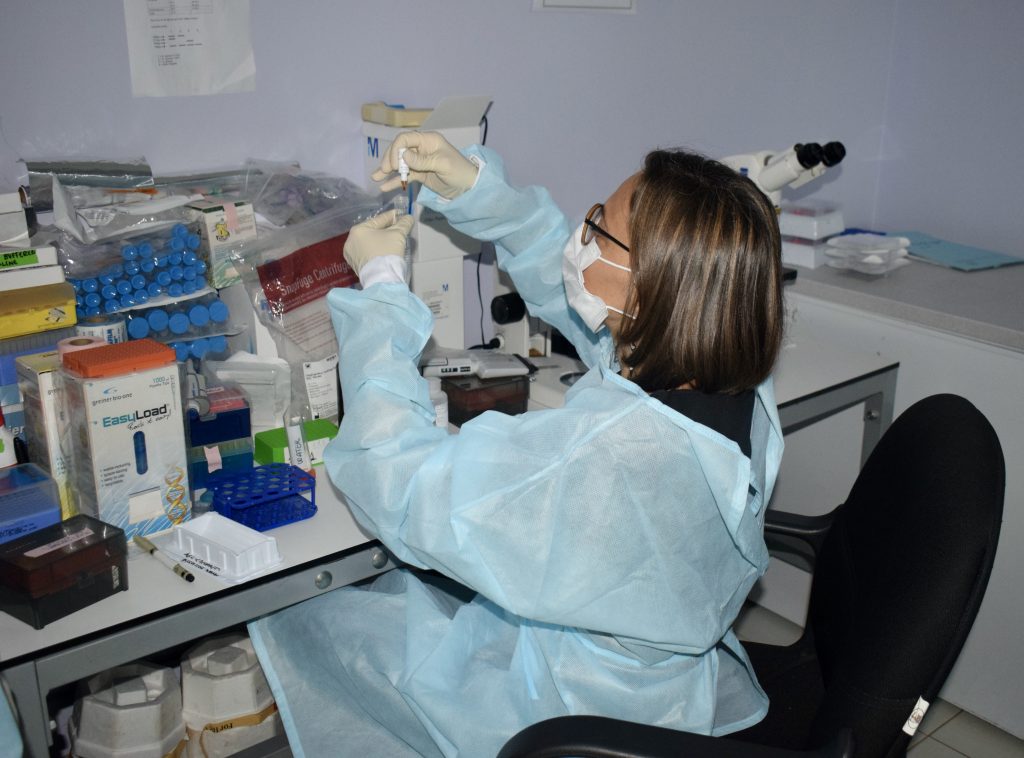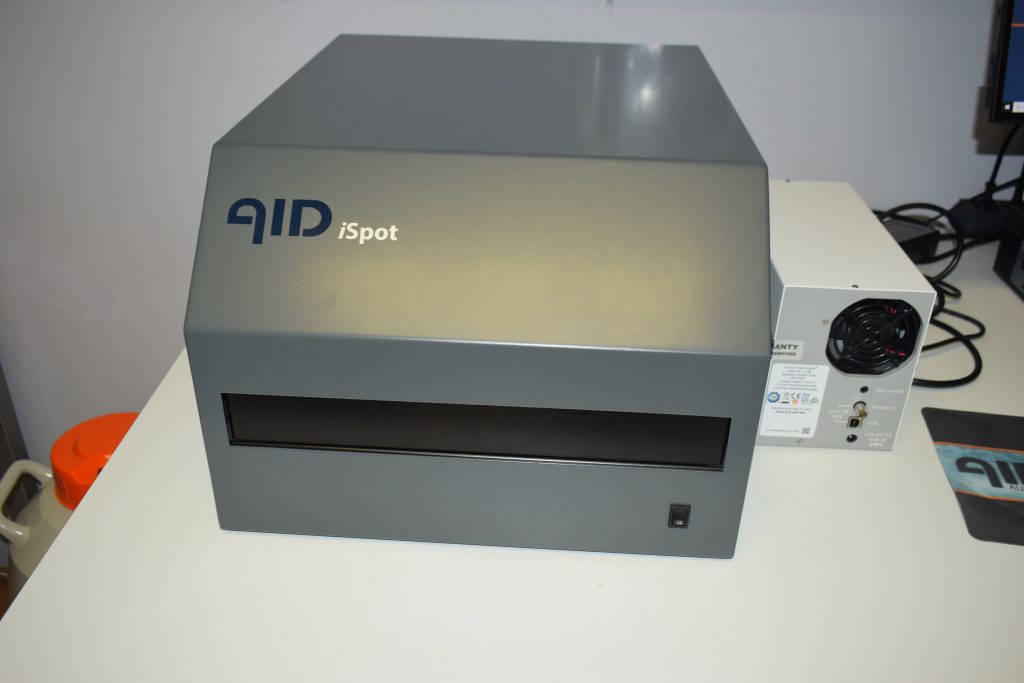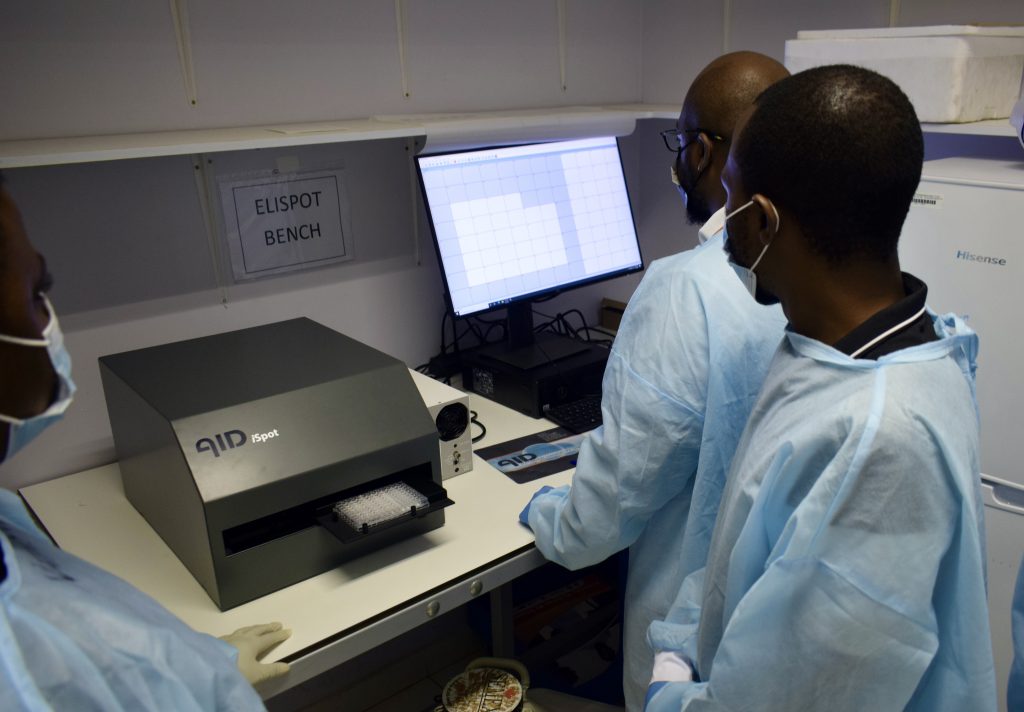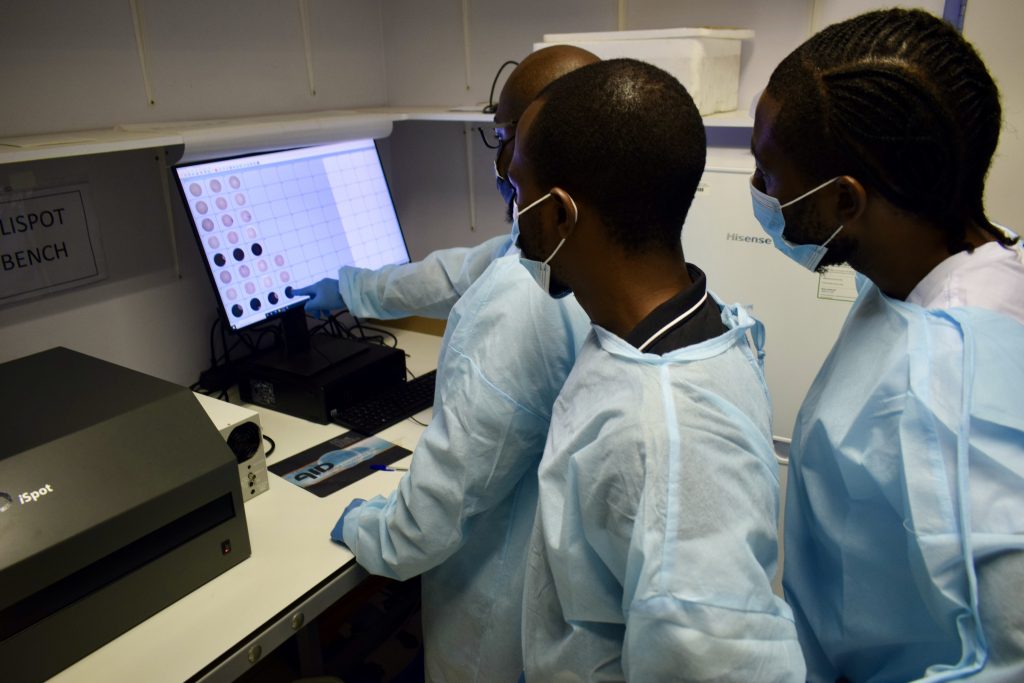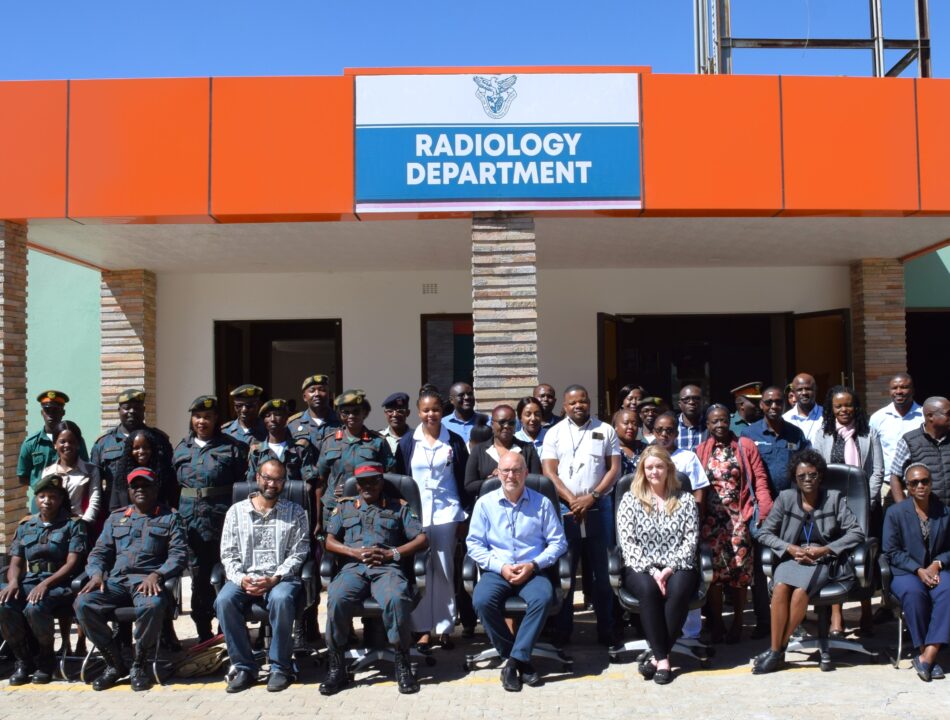- HOME
- ABOUT
- AREA OF FOCUS
- Research
- Enteric diseases & HIV vaccine Research unit
- HIV prevention, care & treatment
- Implementation Science
- Paediatric prevention care & treatment
- Vulnerable Children & Adolescent Health
- Tuberculosis
- Prison’s Health
- Social & Behavioral studies
- New Born & Women’s health
- Primary care and health systems strengthening
- Mental Health
- Hepatitis
- SUPPORT UNITS
- MEDIA
- News
- Annual reports
- Quarterly Newsletters
- Vol.24 CIDRZ Newsletter Q2 FY 2024
- Vol.23 CIDRZ Newsletter Q1 FY 2024
- Vol.22 CIDRZ Newsletter Q4 FY 2023
- Vol.21 CIDRZ Newsletter Q3 FY 2023
- Vol.20 CIDRZ Newsletter Q2 FY 2023
- 1st Quarter Newsletter FY2022/2023
- 4th Quarter Newsletter FY2021/2022
- 3rd Quarter Newsletter FY 2021/2022
- 2nd Quarter – FY 2021-2022
- 1st Quarter 2021-2022
- Research Abstracts/ Scientific Posters
- Research Presentations
- Gallery
- Videos
- TRAINING
- TOOLKITS
- Taskpen Toolkit
- Human Infection Studies (HIS)
- Menstrual Hygiene Management (MHM)
- Better Information for Health in Zambia Toolkit – 2017
- CommART Toolkit
- Operation Triple Zero Plus – HIV Literacy Package for Adolescents
- TASKPEN CLINICAL GUIDELINES :Protocols for the Integrated Management of Cardiometabolic conditions in Adult PLHIV
- JOBS
CIDRZ Upgrades Antigen – Specific Assay Detection

CIDRZ supports MOH with ICT equipment worth over ZMW18million
January 26, 2022
CIDRZ CEO among the first beneficiaries of the AU/Africa CDC Kofi Annan Foundation Fellowship
February 2, 2022The Centre for Infectious Disease Research in Zambia (CIDRZ), with support from the MRC-funded transnational collaborative project “Human challenge with live-attenuated rotavirus to help find next-generation rotavirus vaccines in Africa” in collaboration with Professor Nicholas Grassly from the Imperial Collage in London has set up an Antigen-Specific ELISpot assay which will be used to examine boosting of mucosal immunity by a candidate parenteral vaccine currently in clinical trials.
This program is being spearheaded by the CIDRZ Enteric Diseases and Vaccine Research Unit (EDVRU) with technical assistance from two visiting scientists from the Molecular and Cellular Pharmacology Institute, Nice, France, Drs, Emmauela Martinuzzi and Nicolas Glaichenhaus.
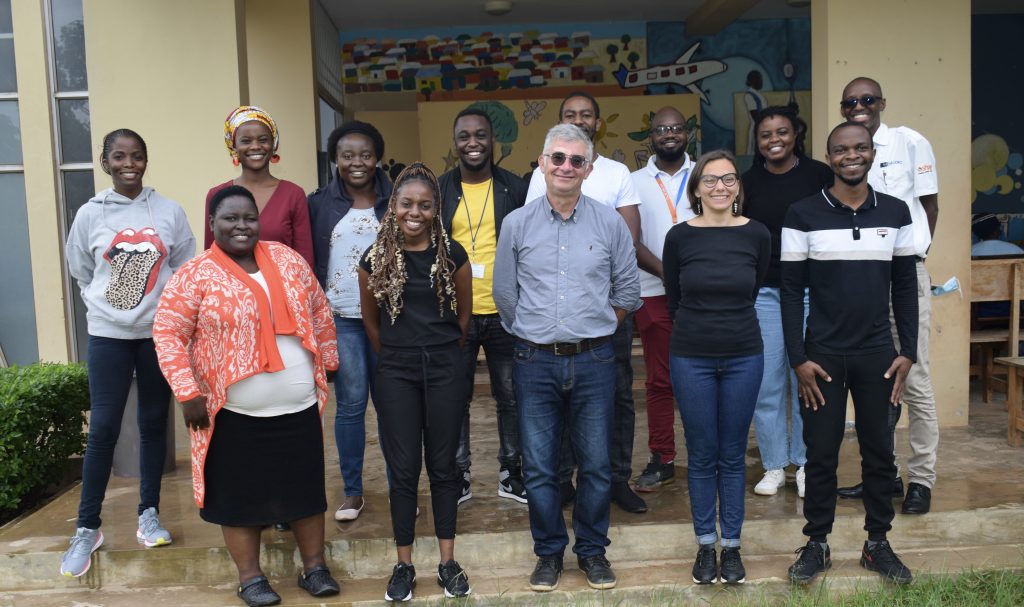
What you need to know about the Antigen-Specific ELISpot Assay
The Antigen-Specific ELISpot assay is a method allowing for measuring the number of Antibody Secreting Cells (ASCs) [i.e., these cells are responsible for production of antibodies to neutralize infectious microbes]in blood. These cells are part of the immune cells called B-cells. Within the frame of the MRC-funded project, CIDRZ researchers are expected to use the ELISpot assay to measure the number of ASCs producing antibodies against the Rotavirus VP8 protein in infants following the administration of the rotavirus vaccine.
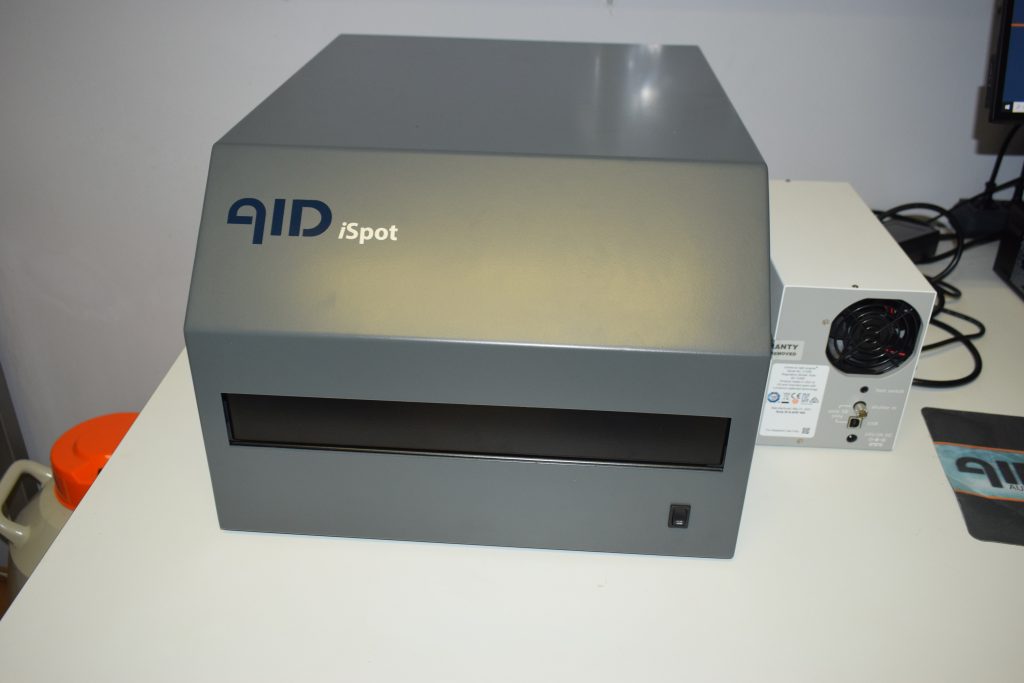
The B-cell ELISpot assay is a laboratory experiment that tests for these B-cells in the blood and enables Scientists to detect and count the number of B-cells in the blood, that are responding to the vaccine or infection and producing antibodies. By measuring the number of responding B-cells in the blood, Scientists can determine how an individual is responding to infection or to the vaccine and therefore how much protection they have.
The CIDRZ Research team will be using this assay to test for B-cell immune responses in the Zambian children above 6 weeks old receiving injectable rotavirus vaccination in this study. This will enable the researchers to determine the strength of immune protection induced by the vaccine under evaluation.
The B-cell ELISpot will make it possible for CIDRZ to study cell-based immune system responses of people to many different infections occurring in Zambia. It will also provide capacity building of young Zambian Scientists at CIDRZ to conduct this advanced laboratory experiments. This scientific innovation will provide opportunities to form new collaborations with other researchers locally, regionally, and internationally.
By understanding how people in our communities respond to infection or vaccination for different diseases, Zambian scientists can provide information to health policy makers and key stakeholders on ways in which these diseases can be managed, or which vaccines work well for our setting thereby contributing to a healthier nation.
What you need to know about CIDRZ Enteric Diseases and Vaccine Research Unit
The Enteric Disease and Vaccine Research Unit (EDVRU) is a growing research team that seeks to understand enteric pathogen biology, epidemiology, and immunology of pathogens of public health importance to Zambia. It seeks to undertake basic and translational research generally aimed at development of vaccines and other health interventions. To support this research, the unit runs (i) clinical research sites in 5 nested in 1st Level public hospitals across Lusaka and Ndola for clinical trials across varies phases, and (ii) operates a research laboratory that supports these trials. Some of the laboratory platforms they have or have access to include ELISPOT, MagPix (by LUMINEX® a platform that uses XTag technology for multiplexing analysts (both molecular and protein based), ELISA, qPCR, LAMP, NOVODIAG, MiniON sequencer, cell culture, etc
Brief Bios about visiting Scientists
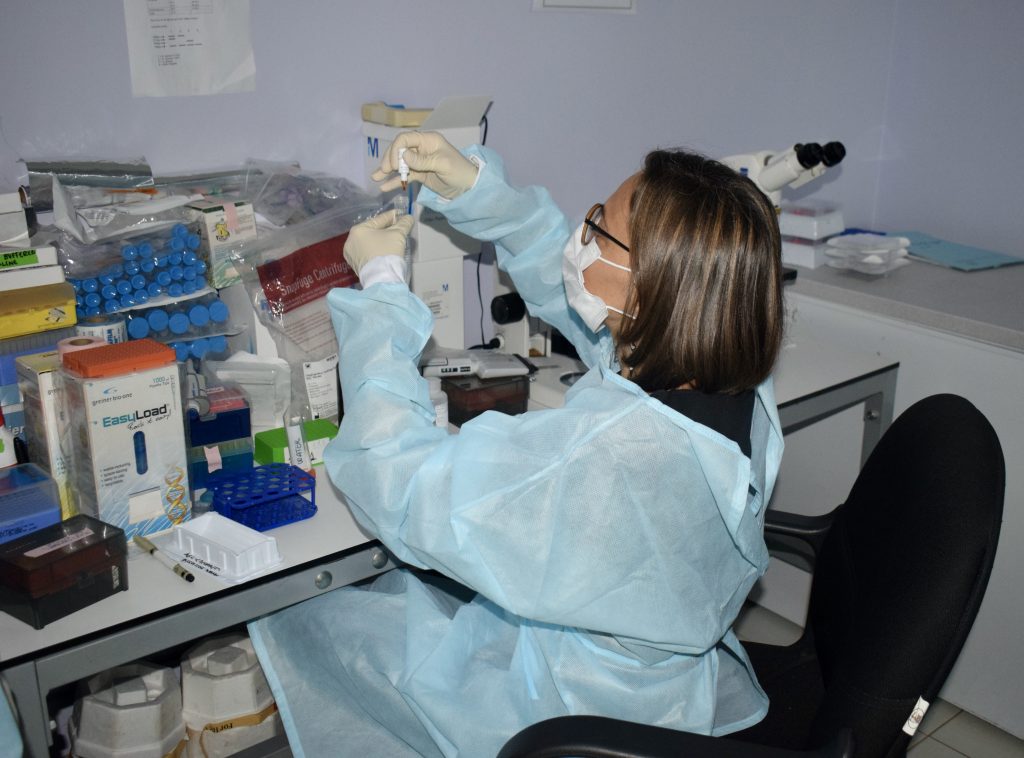
Emanuela Martinuzzi is a tenured researcher at the Health and Medical Research National Institute in France. She is an immunologist by training and has worked on different projects aimed at characterizing immune responses in patients with autoimmunity, psychiatric diseases, and more recently COVID-19. Emanuela did her PhD between 2007 and 2010 in Dr. Roberto Mallone’s team at the Hospital St Vincent de Paul in Paris. After obtaining her PhD in 2010, Emanuela stayed in France where she worked for three years as a postdoctoral fellow before being granted a tenured researcher position. After a one-year maternity leave, Emanuela joined Nicolas Glaichenhaus’ research team at the Cellular and Molecular Pharmacology Institute in Valbonne, France
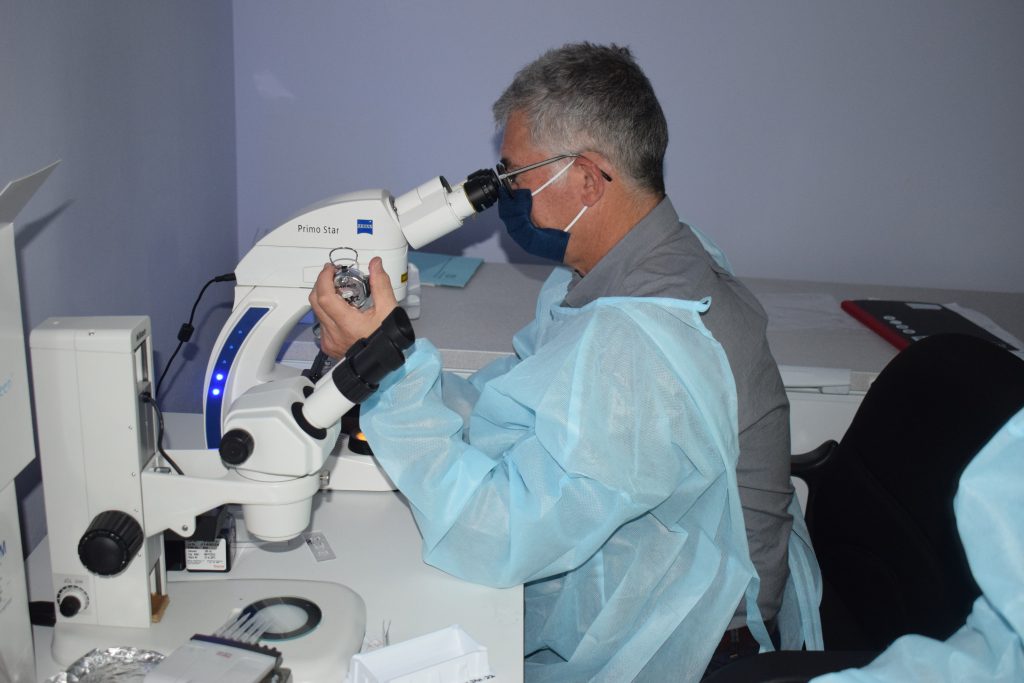
Nicolas Glaichenhaus is Professor at the University Nice Sophia Antipolis, and team leader at the Molecular and Cellular Pharmacology Institute. After obtaining his PhD in 1988 at the University Nice-Sophia Antipolis, he was appointed as a tenured researcher by the Centre National de la Recherche Scientifique (CNRS) and worked as a postdoctoral fellow that the University of California at Berkeley from 1988 to 1991, he returned to France in 1991 and was appointed Professor of Immunology at the University of Nice Sophia Antipolis and became team leader at the Molecular and Cellular Pharmacology Institute. Nicolas Glaichenhaus has received several scientific awards, including the price from the Best Achievement of the Year in Biology from the French Academy of Science in 2008, and the Marcel Dassault Prize for Research in Mental Disorders in 2016. For many years, Nicolas Glaichenhaus research efforts have been directed to investigate immune responses in mouse models of infectious diseases, autoimmunity, or allergies, and more recently in humans. Nicolas Glaichenhaus has contributed more than 100 publications including several as first, senior or co-senior author in prime scientific journals such as Science, Nature Medicine, Immunity, The Journal of Experimental Medicine and PlosPathogens, Translational Psychiatry, Brain Behavior and Immunity and Biological Psychiatry.


